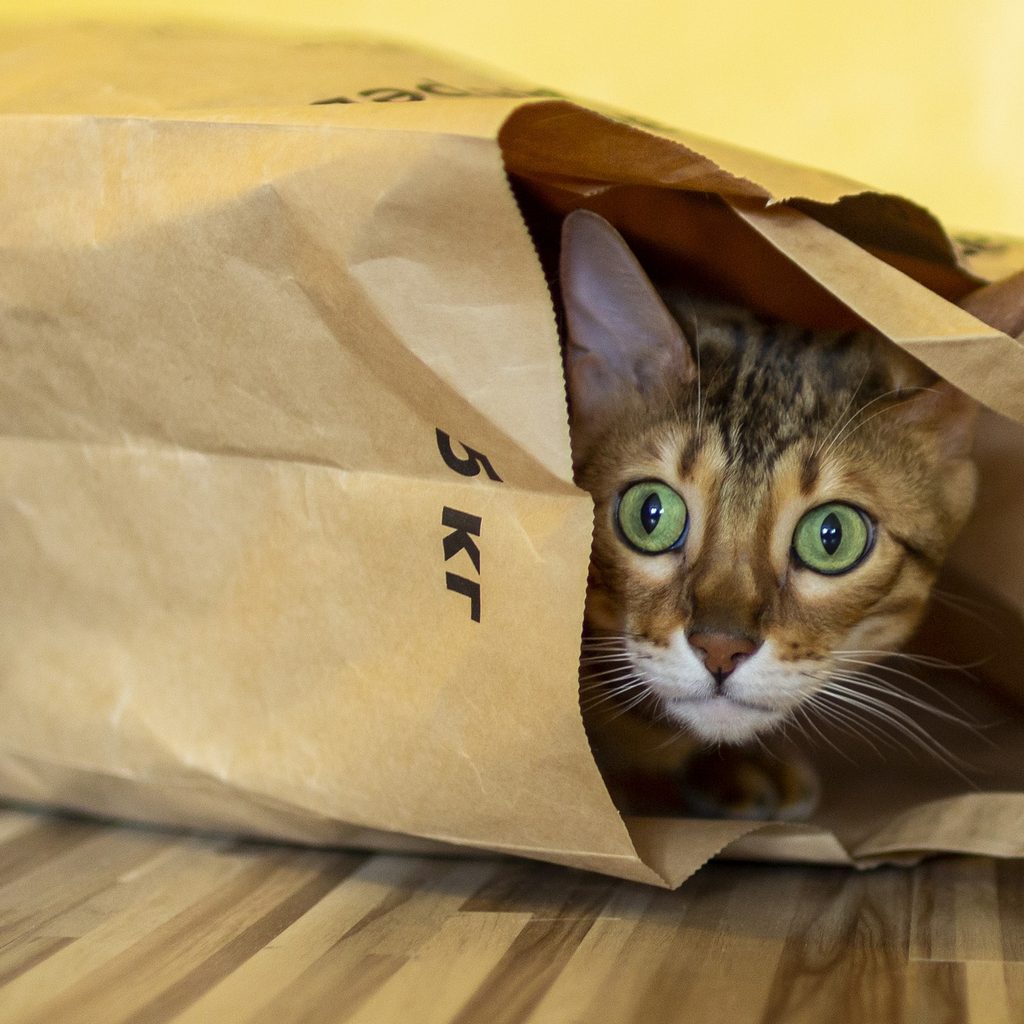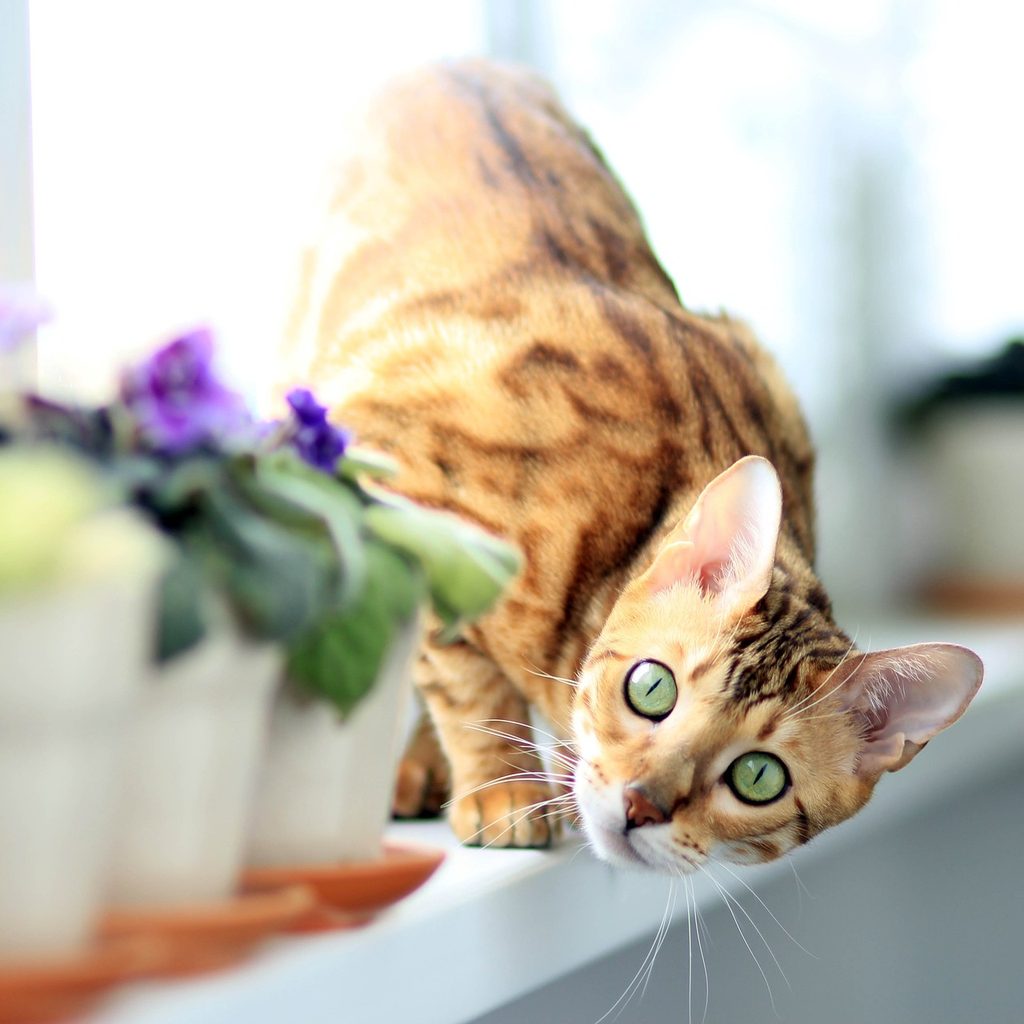Athletic, beautiful, and certainly unique, Bengals are a striking cat breed, and many cat lovers want to have them. But Bengals aren’t right for everyone. This breed has some highly specific care requirements, and they need a special kind of owner who is dedicated to providing them with the environment they need to be happy. If you’re thinking of Bengal cat adoption or of buying a Bengal, make sure you’re prepared for the unique challenges that can come with owning this breed. There also are certain traits and characteristics that can help indicate that you might be ready for a Bengal.

You have plenty of space
Bengals are high-energy cats who are also highly athletic. They need space to be able to get that energy out. A larger home is ideal, but if you have a smaller space, you may be able to modify it to suit your cat’s needs. It’s important to be aware that you’ll need to make these modifications when deciding if the Bengal is the right cat breed for you.
When you own a Bengal, your house will definitely become your cat’s territory, and your decorating will probably change, too. Bengals love to climb up on furniture and cat trees, so plan to add plenty of vertical space that your cat can climb and jump on. If you have limited floor space, then investing in a cat wheel can let your Bengal run to his heart’s content.
You want to spend lots of time with your cat
Bengals require much more care, attention, and time than your typical cat breed. If you’re home often and want to spend lots of time focused on your cat, then this breed might be a good fit. Bengals are highly social and don’t do well if left alone for a day or a weekend. They thrive on having companionship, so it’s ideal if you work from home or are otherwise around the house a lot.
Bengals also need exercise — lots of it. Plan to spend plenty of time playing with your cat daily. You may also want to train him to go on walks outside. Having a Bengal is more like having a dog when it comes to these responsibilities.
You can appreciate a wild and independent nature
Many Bengals still have some characteristics of their wild ancestors, so they’re not your typical house cat. The Bengal cat personality can be highly affectionate, but most Bengals aren’t going to want to sleep on your lap for hours. Instead, they’ll be much more interested in exploring and playing. If you’re looking for a cuddly lap cat, this isn’t your breed, but if you’re looking for a unique, active, more independent cat, then a Bengal might be a good fit.
You don’t own other small pets
Bengals have a strong hunting instinct, and that’s not an instinct you can train out of a cat. If you have birds or small pets like hamsters, your Bengal will be tempted to hunt them. This could end in tragedy for your smaller pets. A home without any other smaller pets will be the best fit for a Bengal. It’s important that you understand your cat’s hunting instincts, and you can work to satisfy them through play.

You’re looking for an engaging and entertaining companion
Bengals are full of energy and personality. They’re vocal and won’t hesitate to let you know when something’s wrong. Many Bengals love water and will be more than happy to play in your sink or shower. In short, this high-energy breed is entertaining and can be a ton of fun to have in your home.
It’s so important to thoroughly research Bengals, their needs, and what your life will look like with this breed of cat. Bengals are unlike other cat breeds, and they have significantly greater care and attention requirements, so put plenty of thought into deciding if this breed is right for you. Owning a Bengal often means a lifestyle change, and your whole family will need to be on board with the dedication that it will take to care for this breed. When you’re well informed and ready to make any changes needed to keep your cat happy and healthy, you just may be ready for a Bengal of your own.



